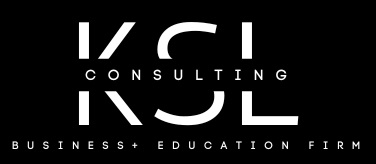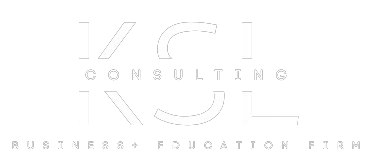If you have been keeping up with current events, you may be familiar with the numerous changes in early childhood education. Directors, teachers, and education leaders encounter difficulties and obstacles throughout the academic year. Those obstacles can profoundly impact your self-awareness, mindset, and motivation. It is essential for educators to acquire the skills to handle unexpected difficulties and maintain a positive internal dialogue.
As educators, we occasionally reflect on the quality of our work and the effectiveness of our roles. We often ask ourselves: Are we adequately equipping our students with the necessary resources? What steps can we take to improve ourselves? Am I executing this or that correctly? Sometimes, we allocate an excessive amount of time to pondering or doubting our own roles and decisions. However, I want to assure you that you are doing your best and making the greatest effort.
Developing a positive and resilient mindset is essential when dealing with unexpected challenges in early childhood education, including changing how you talk to yourself. Here are some strategies to help shift from critical to positive self-talk to help you navigate challenges:
- Awareness: Develop a strong awareness of your emotions and thoughts. This will enable you to identify the occurrence of these pessimistic thoughts, allowing you to assume command over them and replace them with optimistic thoughts.
- Breathe: Occasionally, we must pause and inhale deeply. Although it may seem unconventional, employing specific breathing techniques can effectively induce a sense of tranquility. Consider implementing a breathing technique to manage stress or feelings of being overwhelmed. There is a wide array of techniques to pick from. Box breathing is my preferred technique. While inhaling and exhaling, recite positive affirmations to shift your mind patterns consciously.
- Give Yourself Grace: Granting oneself grace involves recognizing one’s humanity and vulnerability. It entails acknowledging and embracing your imperfections and errors without excessively criticizing yourself. We frequently tend to be our harshest critic. Reaffirm your self-worth and acknowledge that you deserve to treat yourself with the same level of love and kindness that you extend to others.
- Support: Establish a network of individuals who can provide emotional support and serve as a sounding board for your thoughts and feelings. It may come as a surprise to discover that many educators encounter similar stress levels, exhaustion, self-doubt, and obstacles. Establish a network of friends and coworkers to serve as a reservoir of support and motivation during challenging periods.
As educators, we aim to carefully plan, consistently educate ourselves, and fully commit to giving our best daily effort. To flourish as an educator, it is necessary to emphasize taking care of yourself. By prioritizing your well-being, you will be able to make a significant beneficial influence in your life and on the lives of your students. Above all, have faith in your own capacity and recognize that you are valuable and entitled to positive experiences in life, regardless of any circumstances. Embrace the upcoming academic year with a renewed perspective, confidence, and self-awareness. Remember, you are significant and appreciated. Your presence makes a difference to the world.
Written by: Jessica Harris








